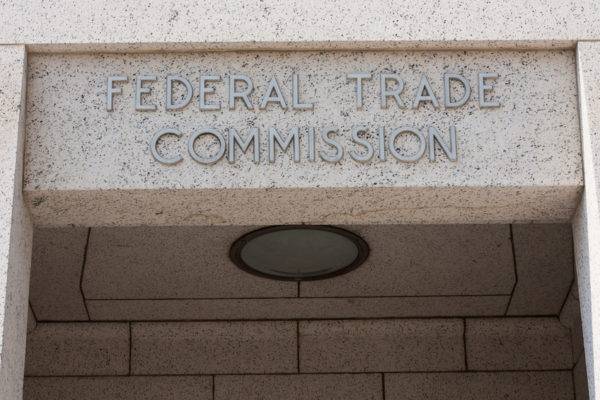As more US government departments and lawmakers wake up to the growing influence of the Internet of Things (IoT), the Federal Trade Commission says they want in on the regulatory conversation.
As reported by Pymnts.com, the FTC has decided to stick its oar in the IoT waters by issuing an official response on IoT in a call for comments by the Department of Commerce’s National Telecommunications and Information Administration (NTIA).
Specifically, the FTC responded to NTIA’s efforts to drum up conversation between US government departments on the potential drawbacks and benefits of governmental regulation in the burgeoning IoT segment.
“The comment addresses a number of proposed best practices for businesses regarding the Internet of Things, providing recommendations regarding data security, data minimization and how best to give consumers meaningful notice and choice about the collection and use of their data,” said the FTC in a media release. “The comment also addresses the role of government in enforcing consumer protections in the Internet of Things.”
FTC looking at risks in a connected economy
The FTC comment includes staff opinions on a variety of areas including anticipated risks in an economy with widespread IoT connectivity and the positive impact of regulated data monitoring.
“Big data analysis of information collected from connected health devices can facilitate health research and lead to breakthroughs in treatment,” it said in its comment. “Similarly, analysis of data collected from a connected public infrastructure to detect, for example, the lighting patterns on public streets, can help improve energy efficiency.”
And in a broader scope, the FTC sees further benefits, where such “analyses can also help target public service messages and resources to relevant populations, including low-income and disadvantaged communities.”
On the risk side, the FTC warns that common risks from traditional computer and networks may be heightened with IoT “in part because many IoT chips are inexpensive and disposable, and many IoT devices are quickly replaceable with newer versions.
“As a result, businesses may not have an incentive to support software updates for the full useful life of these devices, potentially leaving consumers with vulnerable devices,” the FTC concludes.





















